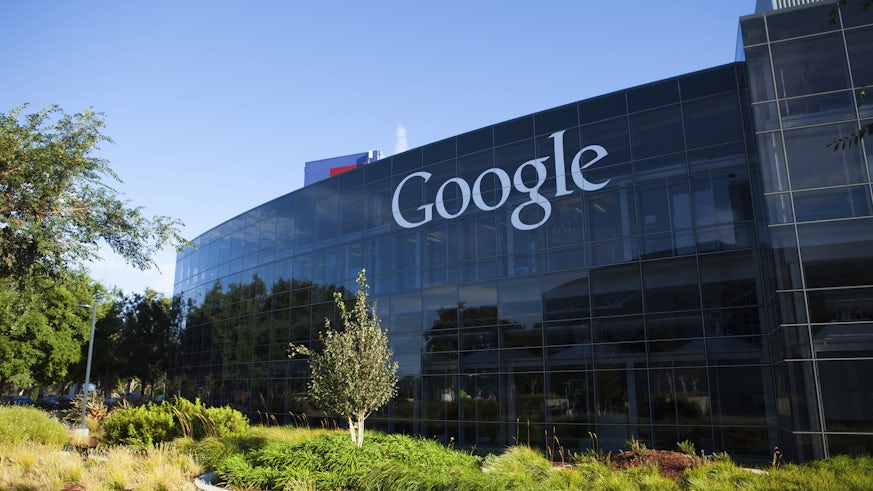CCI researchers showcase their work at Google
12 September 2016

Experts from Cardiff University's Catalysis Institute are heading to California to present their innovative work to executives at Google’s research and development facility, Google X.
The team from the Cardiff Catalysis Institute will be showcasing their efforts to tap into a vast source of unused energy by directly converting methane, otherwise known as natural gas, into methanol.
Described as the “Holy Grail” of chemical catalysis, this process could provide a clean and efficient way of using the enormous reserves of methane on Earth which, up until now, are largely wasted and burned away into the atmosphere.
This also has serious implications for the climate and the challenges associated with global warming, as methane is 21 times more potent as a greenhouse gas compared to carbon dioxide.
Researchers at the Cardiff Catalysis Institute have an international reputation for their innovative work on natural gas conversion and are constantly developing much-improved catalysts to convert it into methanol – an efficient chemical that is primarily used as a pre-cursor to a whole host of other chemicals in industry, as well as a green fuel for use in specialised vehicles.
The Cardiff team are one of 15 that have been chosen from all over the world, and will present their work in front of over 200 employees of Google X at their annual Science Fair on 15 September 2016 in Mountain View, California.
Google X is a subsidiary of Google that specifically seeks to invent and launch ‘moonshots’ – ambitious, early-stage scientific ideas that need the focus and the speed of a start-up company.
Google X’s goal is to develop these early-stage ‘moonshot’ ideas and turn them into proven technologies that make a real impact in the world.
One of the most promising and well-documented projects that Google X is working on is the self-driving car project, which aims to make it easier and safer for people to get around at just the push of a button.
Speaking ahead of the event, Professor Stuart Taylor, deputy director of the Cardiff Catalysis Institute, said: “Being able to showcase our work to one of the world’s most renowned companies is a huge honour for us.
“Innovation lies at the heart of the Cardiff Catalysis Institute and it is something that Google excels in, so it’s really exciting for us to present some of the ideas we’ve been working on over the past couple of years.
“The world has vast quantities of methane at its disposal, but much of it is being wasted in a damaging way, therefore the potential impact for a simple natural gas conversion catalyst is immense.”